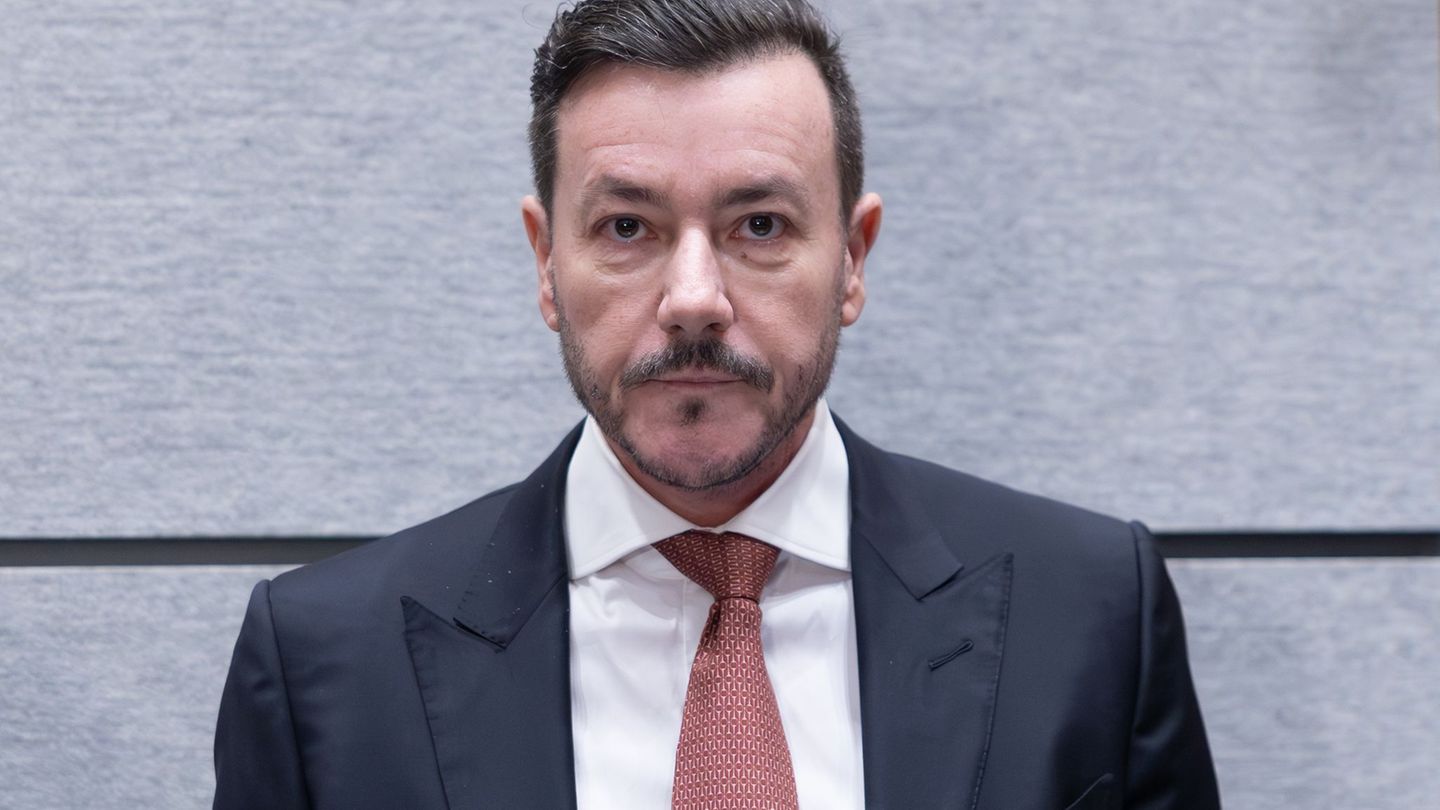Europe and Austria would lose competitiveness; the rejection of the debate about a 41-hour week would show that the “seriousness of the situation” was not recognized, said Stefan Pierer, President of the Upper Austrian Industrial Association (IV).
- Read here: Pros & Cons: Working 41 hours a week?
To underline this, the KTM boss referred to examples from his own company: the personnel costs at the locations abroad are significantly lower than in Austria. In addition, people work significantly longer abroad.
This vote is disabled
Please activate the category Targeting cookies in your cookie settings to display this item. My cookie settings
At the Chinese location in Hangzhou, an average of 40,000 euros (administration) or 23,000 euros (production) is incurred per employee per year. With 3,146 working hours per year, the latter spend almost twice as long at the company as their Austrian colleagues at the Mattighofen location (1,580 working hours). The personnel costs in Germany amount to 90,000 and 58,000 euros respectively. At the Pune location in India, labor costs are significantly lower than in China.
In total, Pierer employs 6,000 people, 5,000 of them in Austria. “While an engineer in Asia asks to be allowed to work overtime when being hired, we discuss 32-hour weeks, home offices and work-life balance,” says Pierer, criticizing a general social attitude.
Plan for the industrial site
“Willingness to perform must become a matter of course again,” said Vice President for Economic Affairs Markus Achleitner at a joint press conference. There is also a need for qualified immigration; by 2030 there will be a shortage of 60,000 workers in Upper Austria.
- Read here: Labor market: “It won’t work without immigration”
A jointly drawn up plan for the industrial site will be presented next week. Individual points from this: Upper Austria should become a model region for a circular economy, tax incentives should make longer working hours more attractive and international schools should be expanded.
The nationwide industrial association spoke out on Tuesday for changes in the education system. “The insufficient supply of elementary education places, the early separation of students after primary school and too few all-day schools reinforce the imbalance of opportunities and cement social starting points,” complained Christoph Neumayer, General Secretary of the IV.
My themes
For your saved topics were
new articles found.
info By clicking on the icon you add the keyword to your topics.
info
By clicking on the icon you open your “my topics” page. They have of 15 keywords saved and would have to remove keywords.
info By clicking on the icon you can remove the keyword from your topics.
Add the topic to your topics.
Source: Nachrichten




